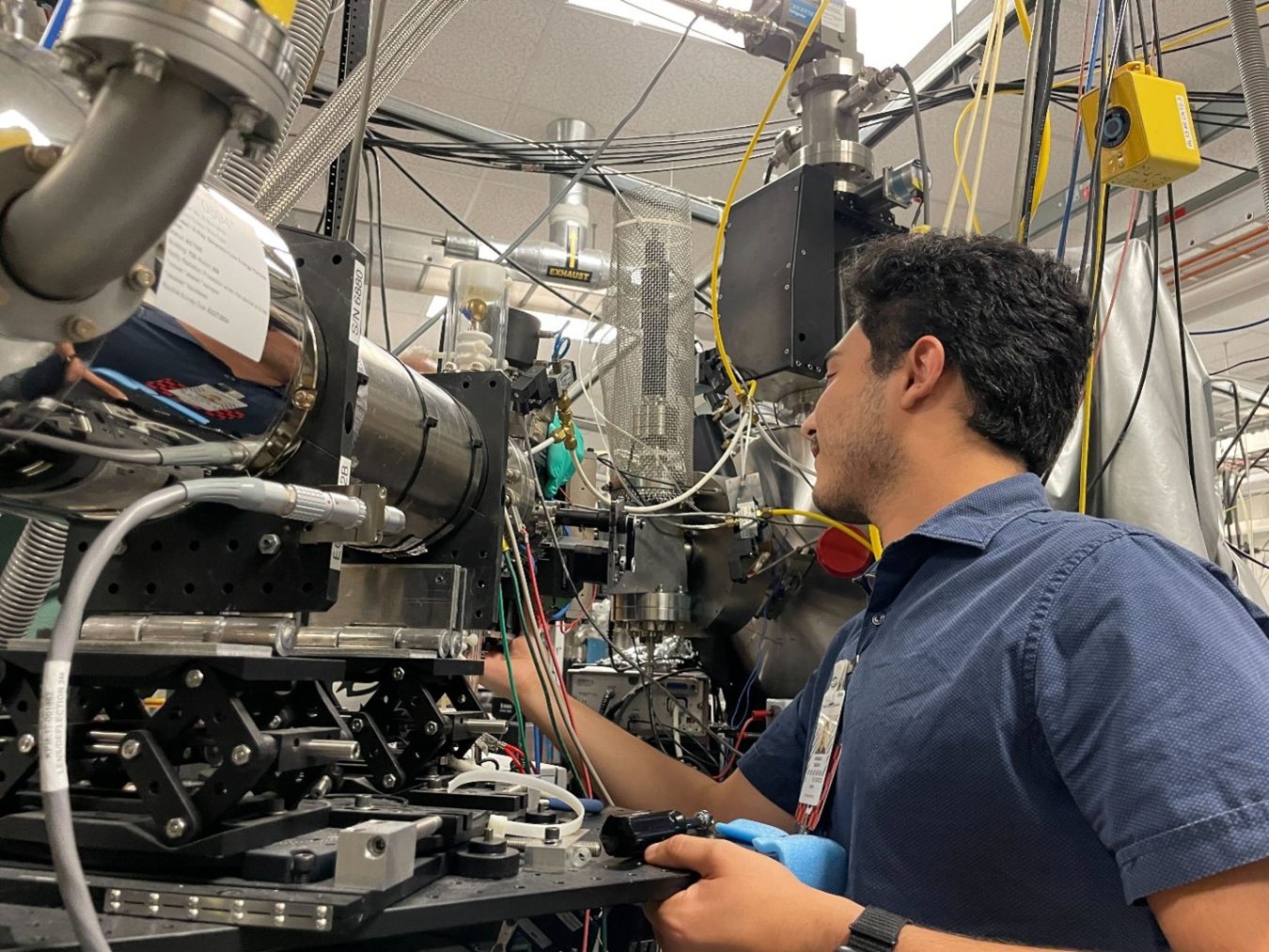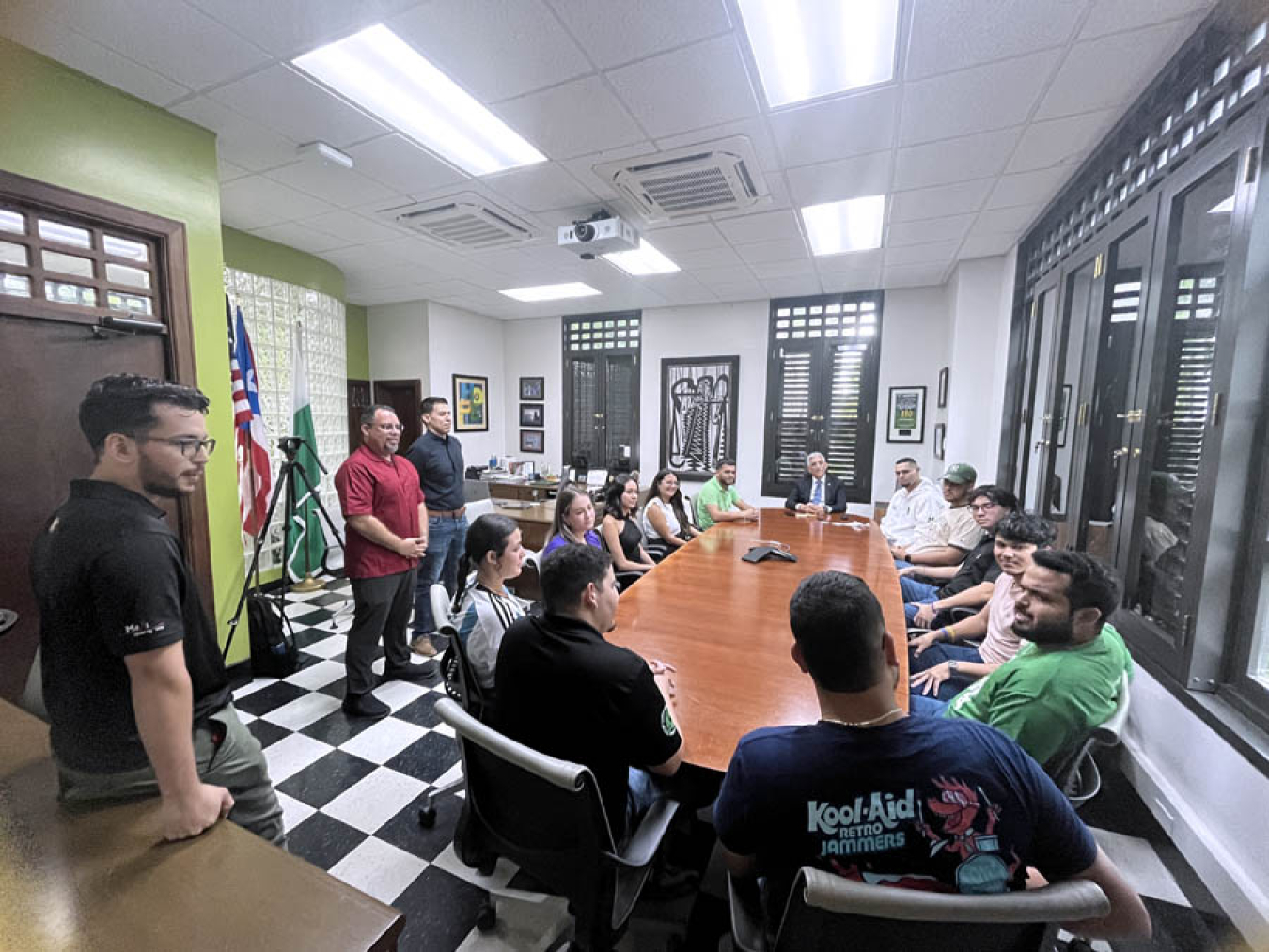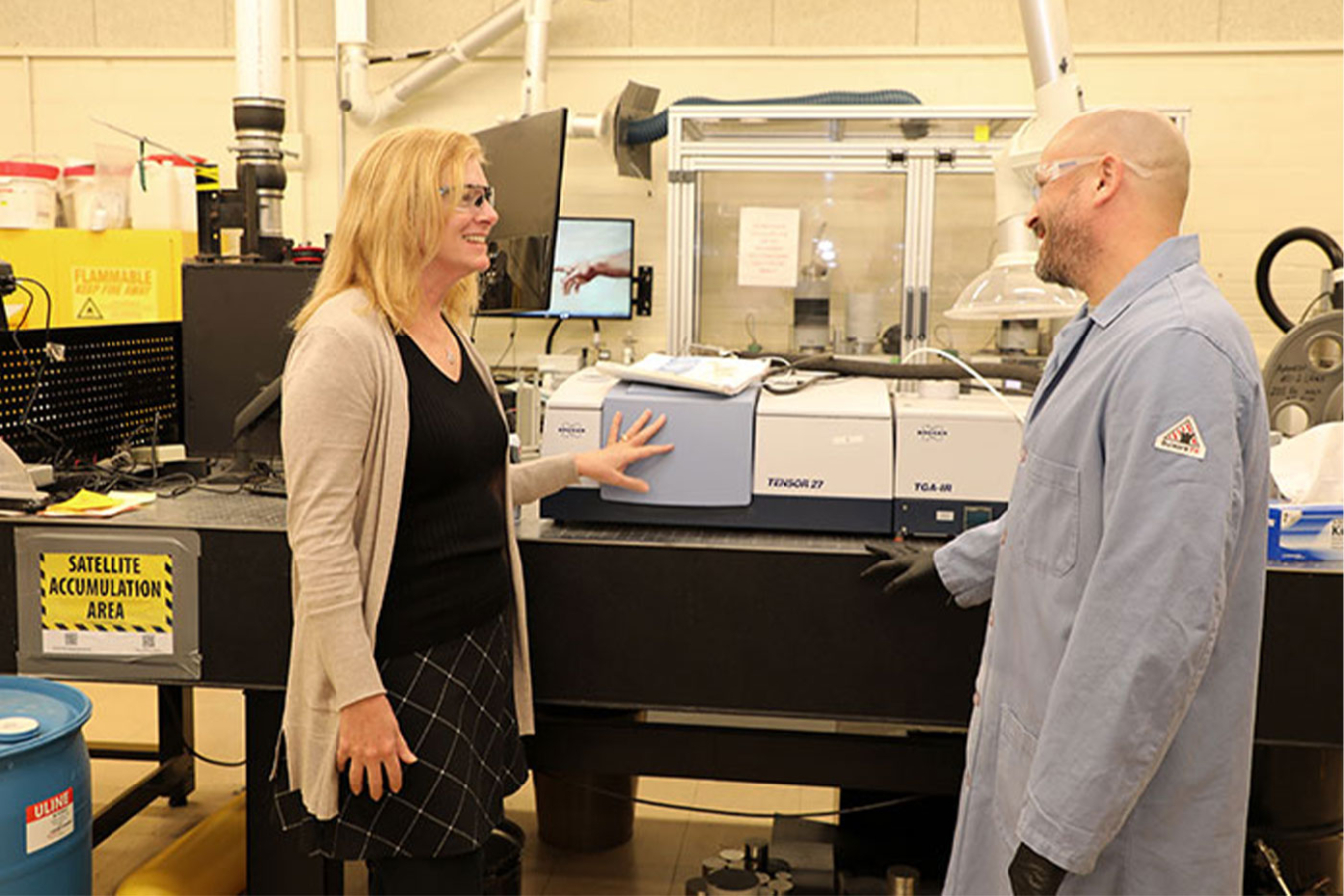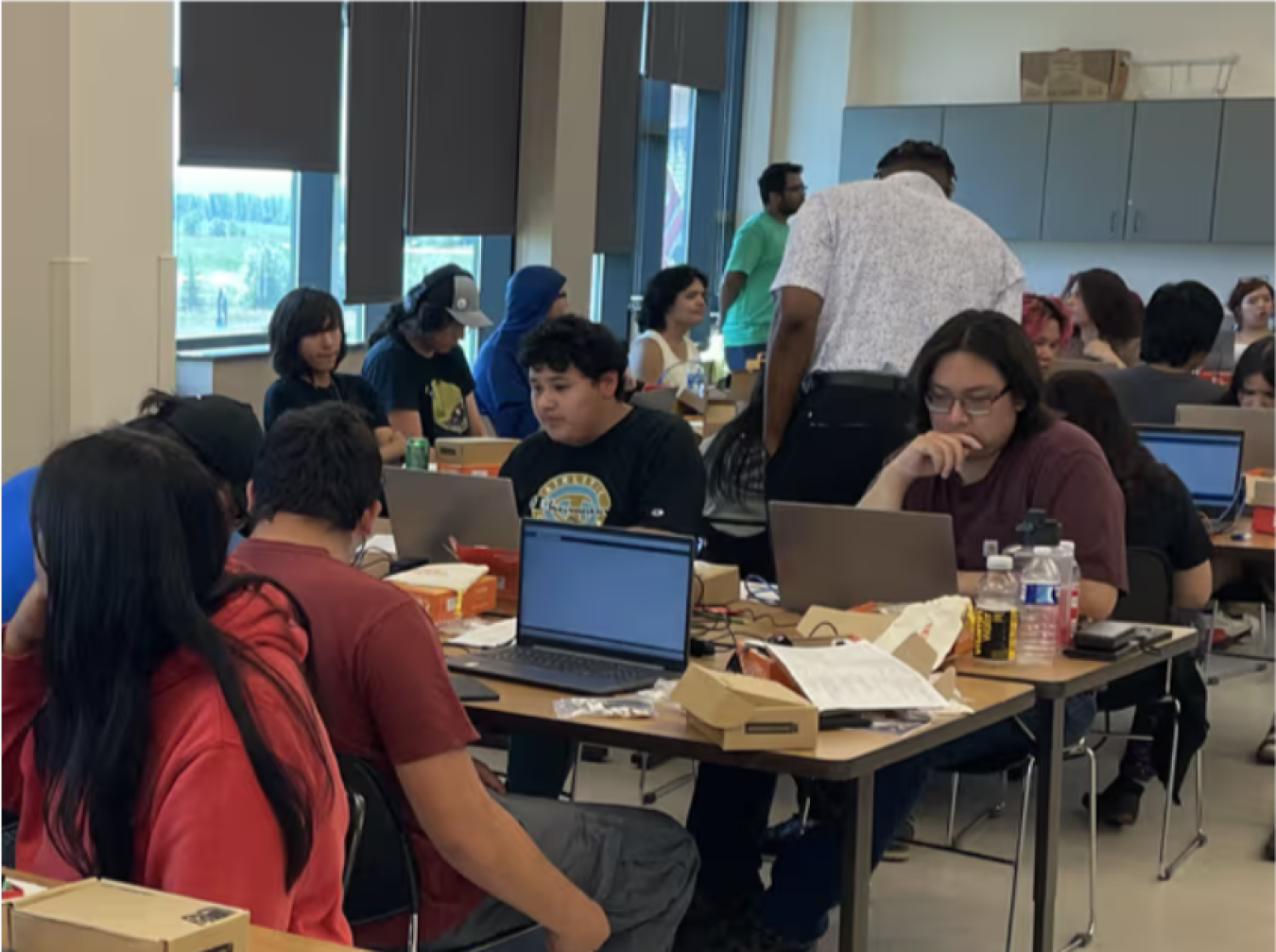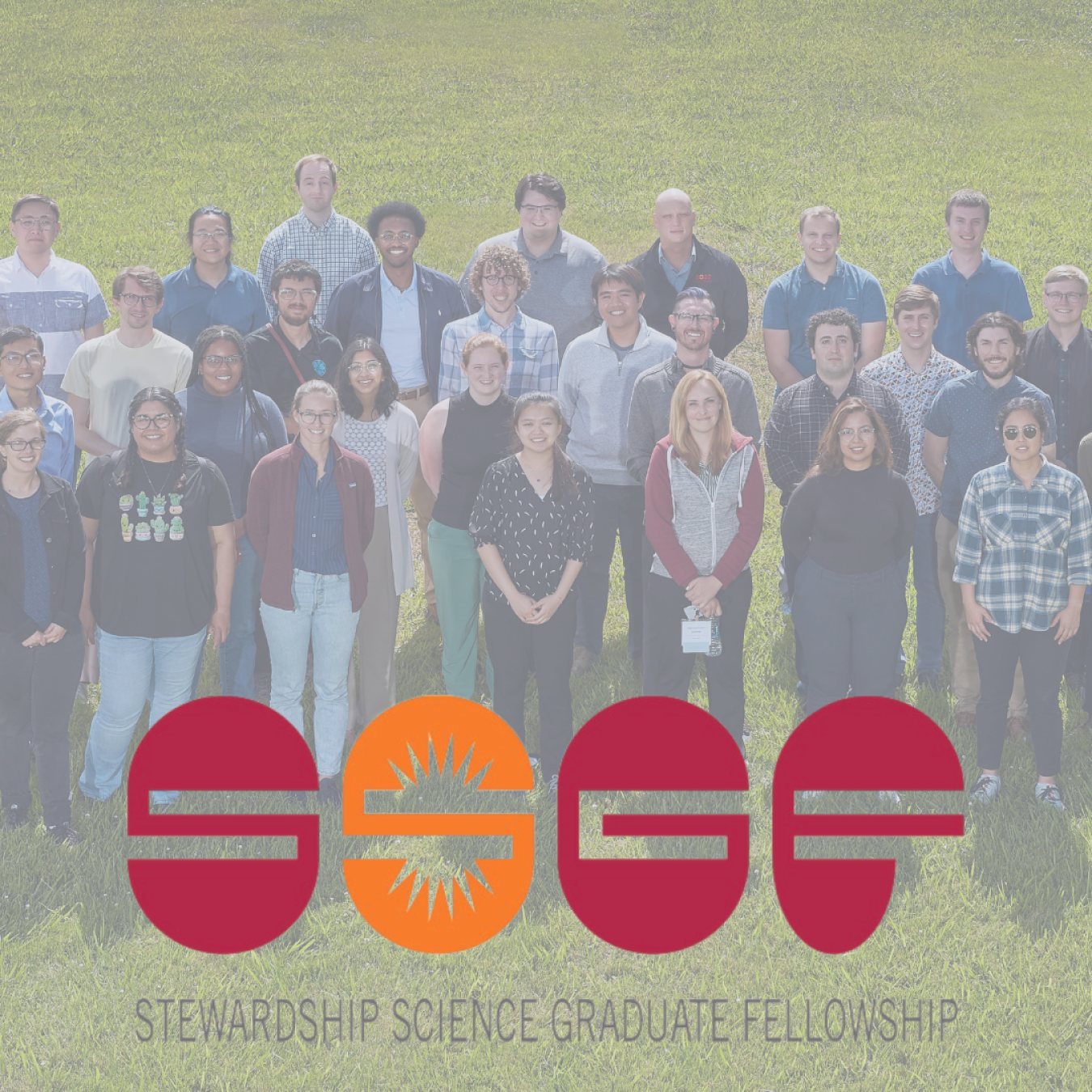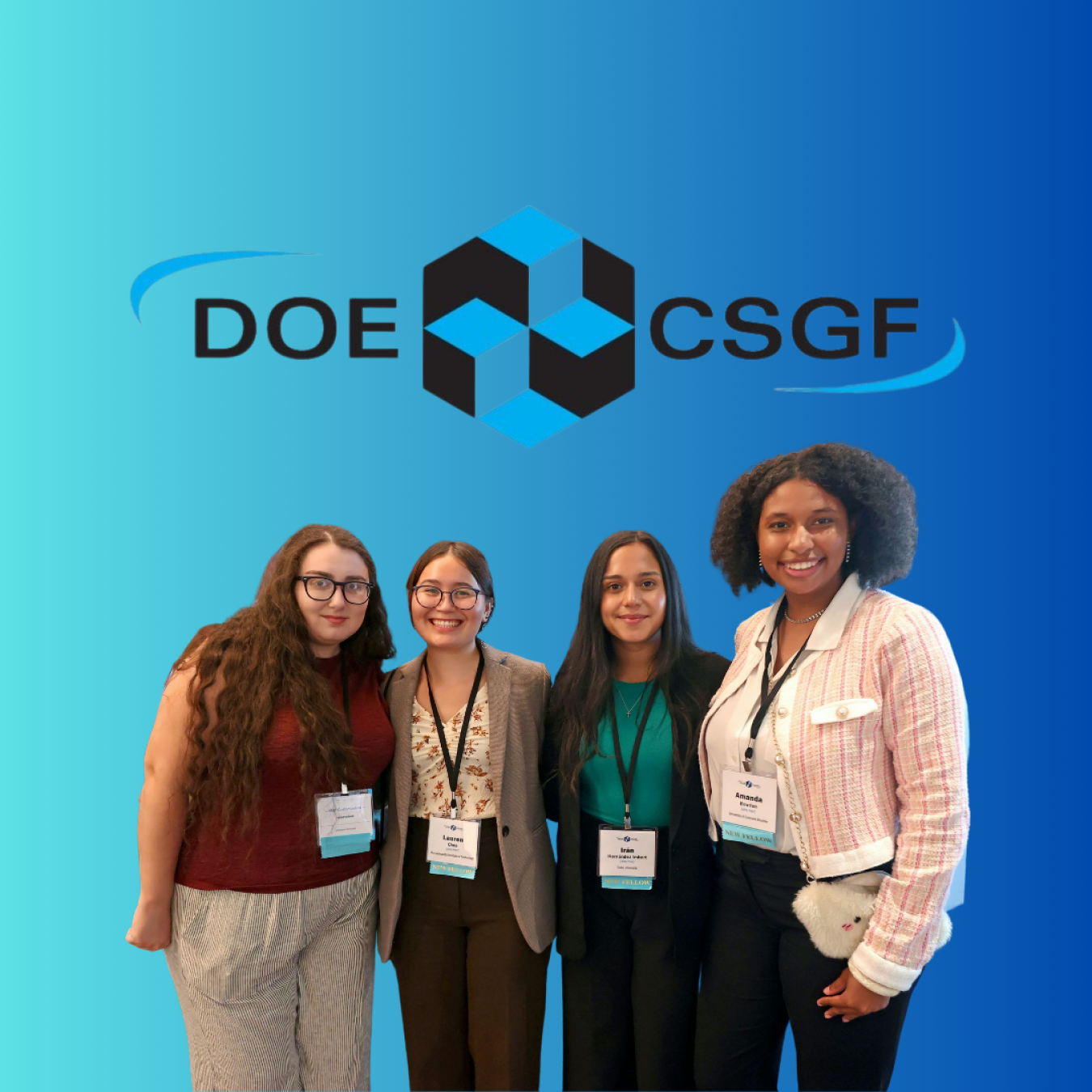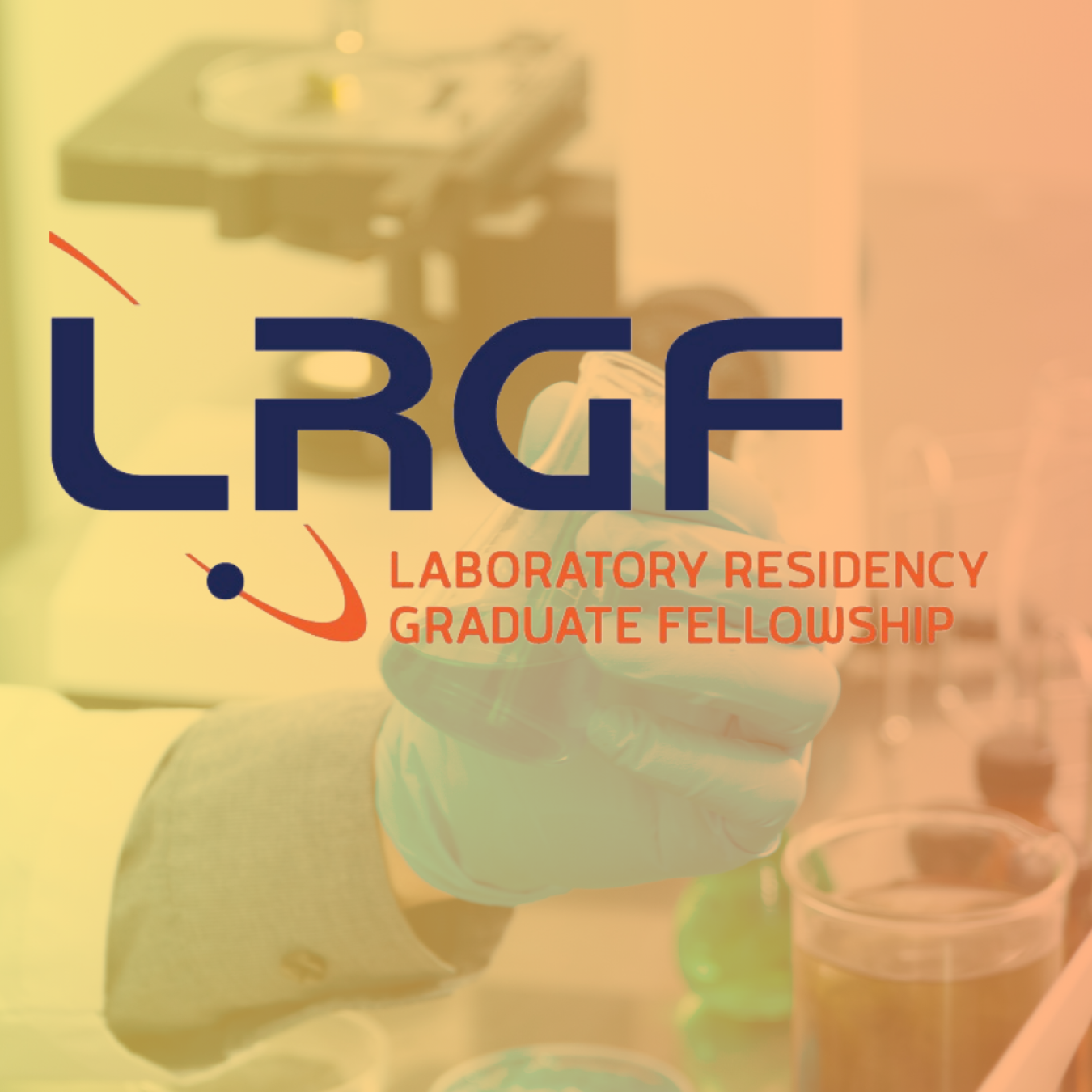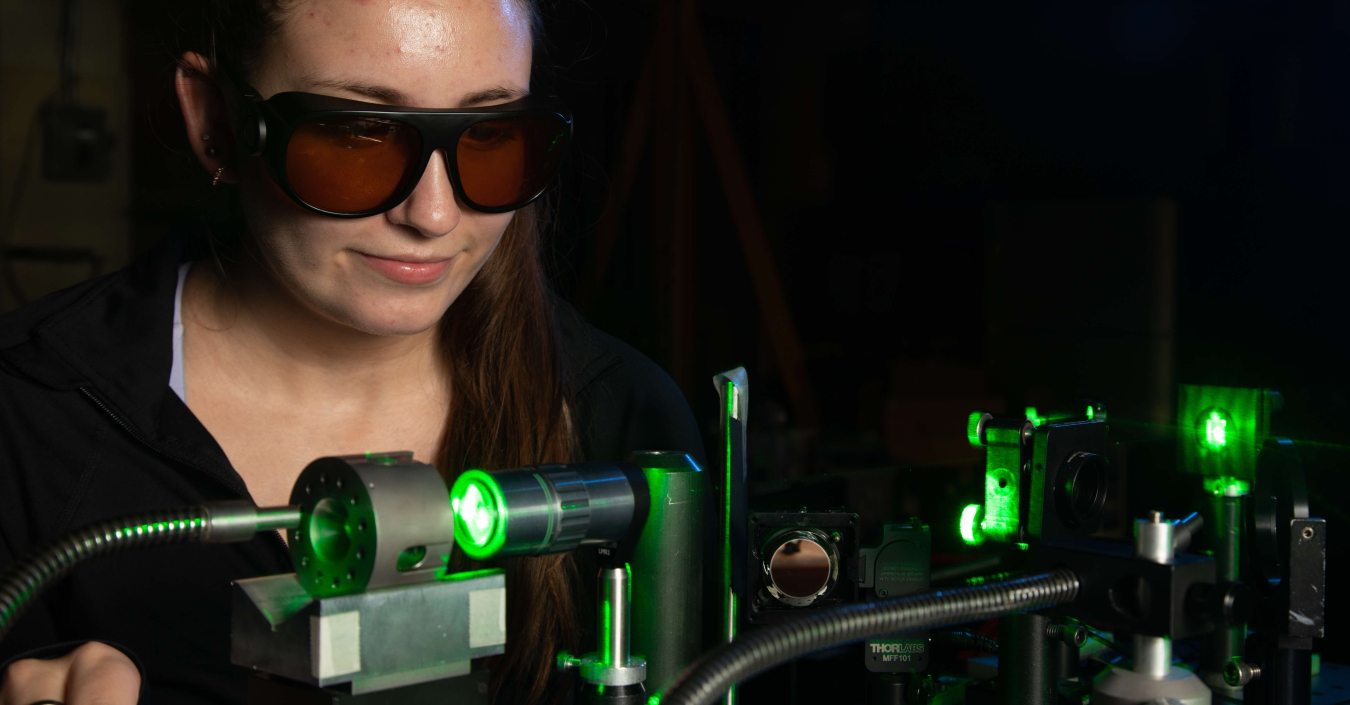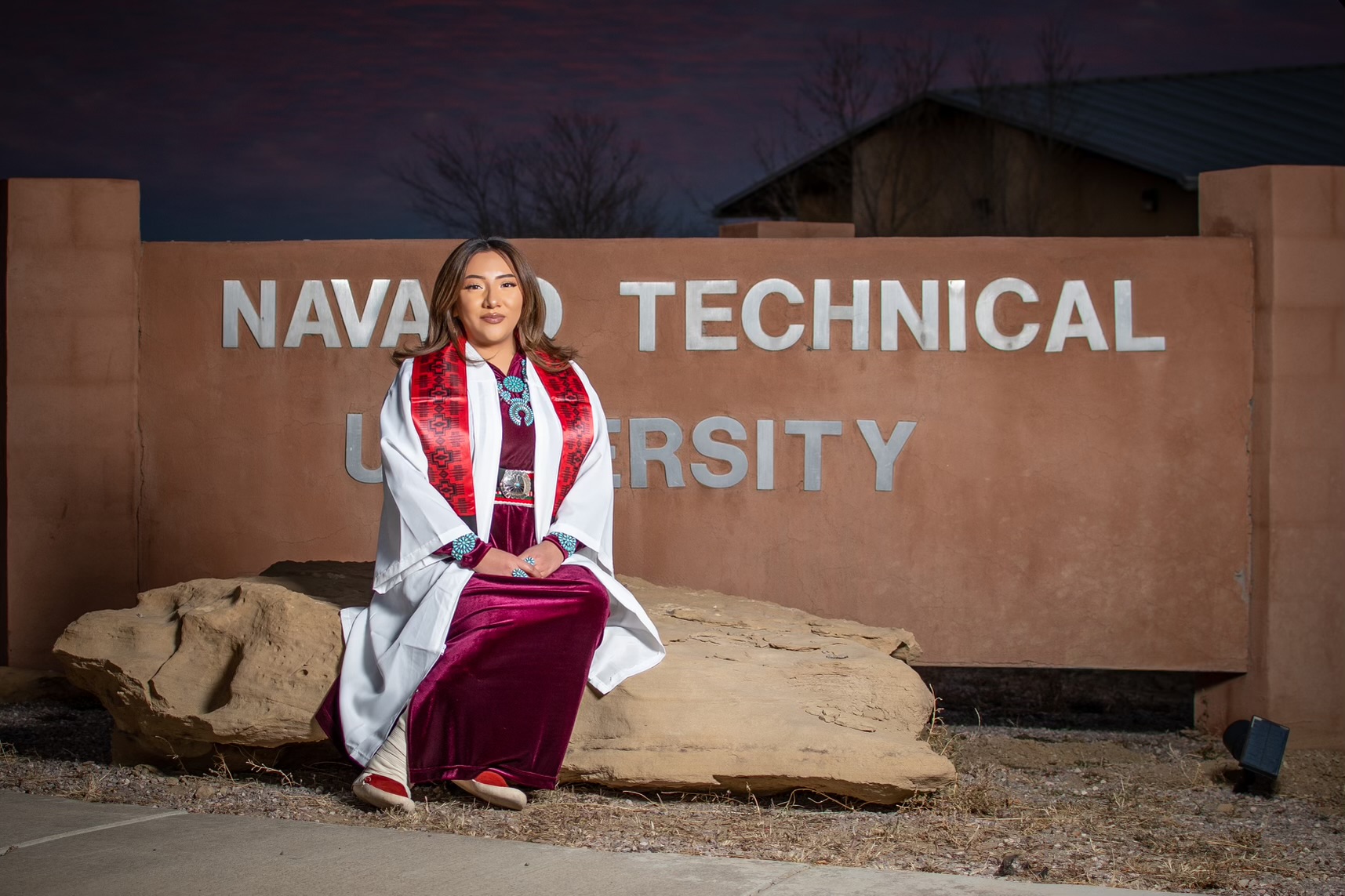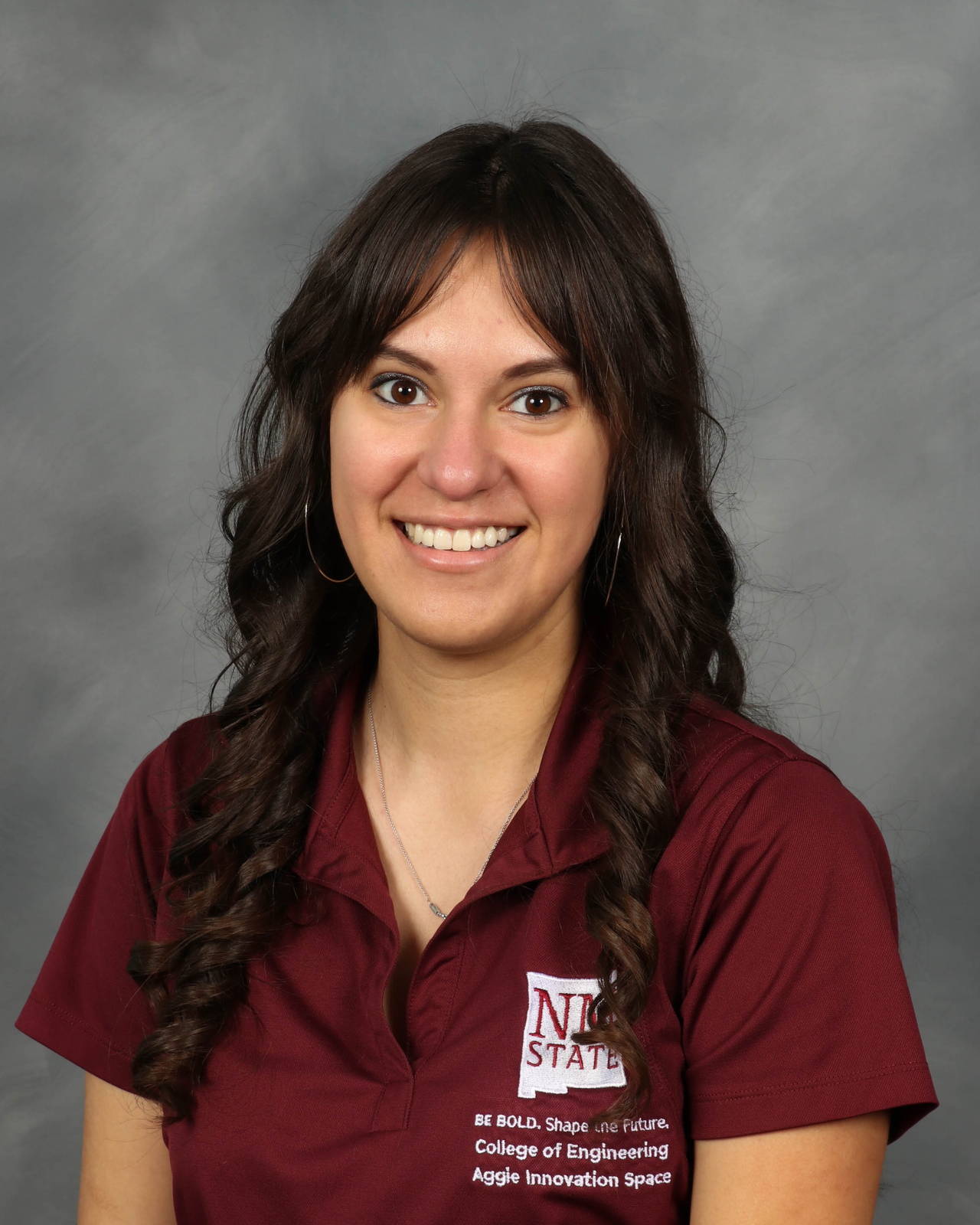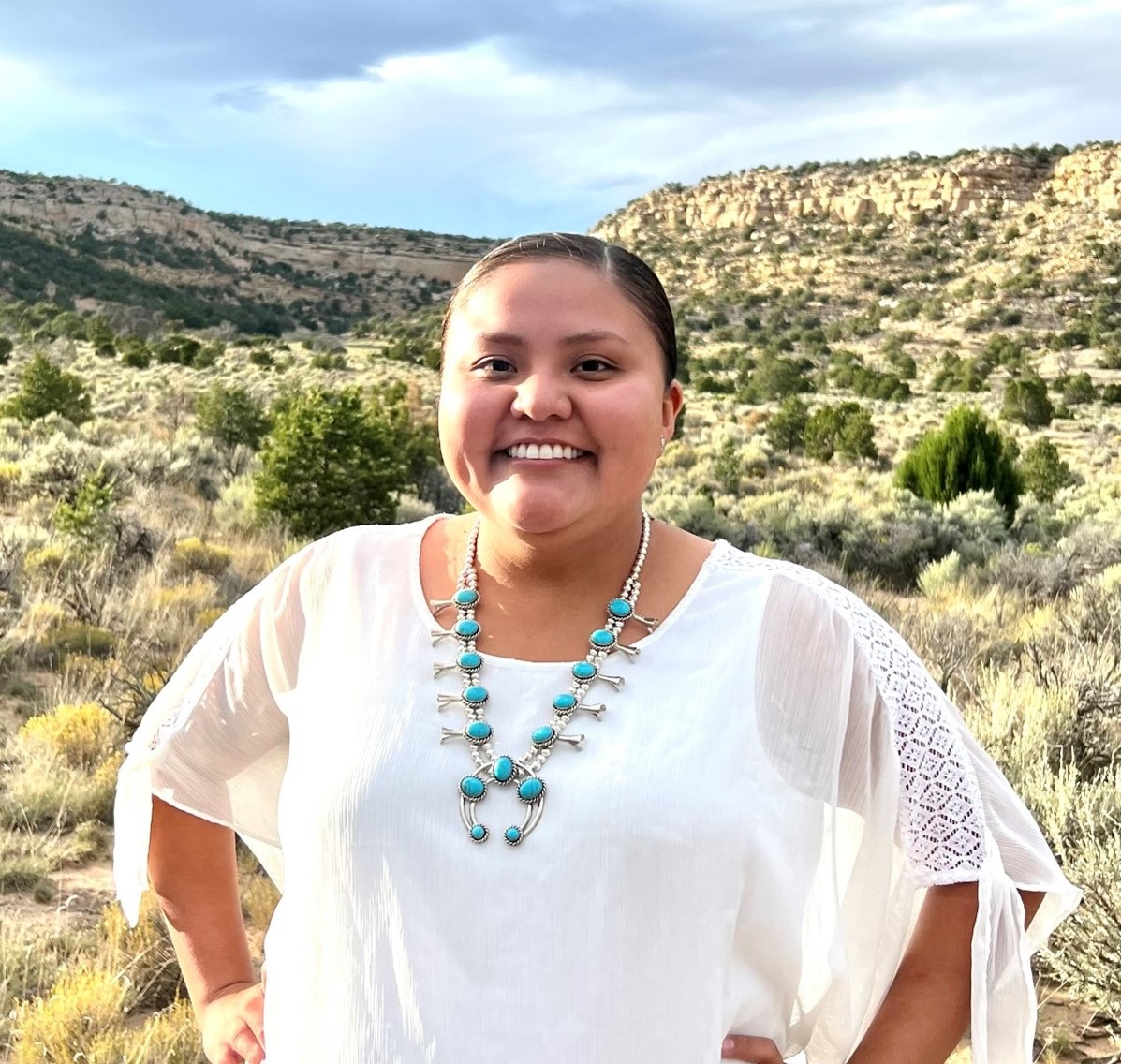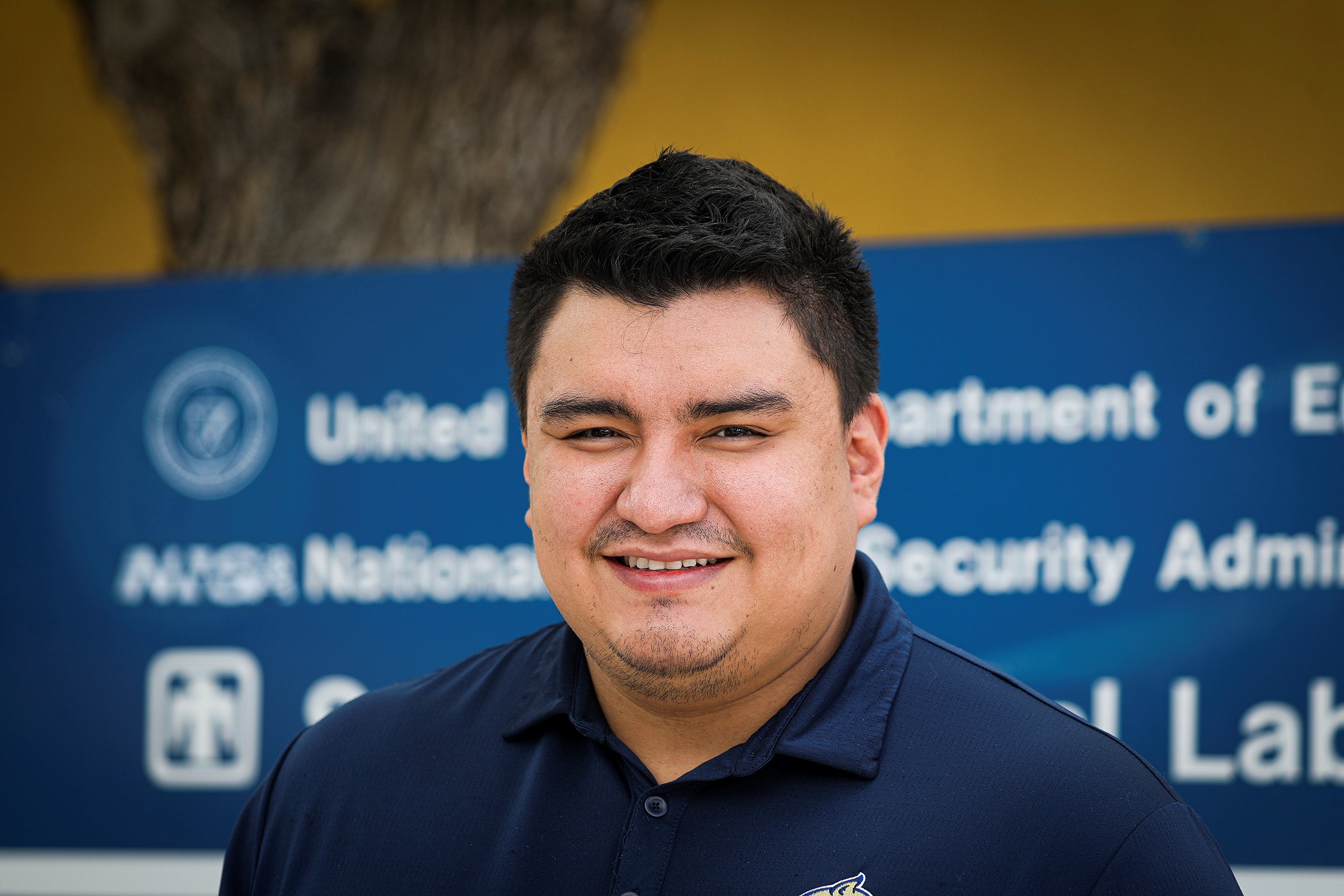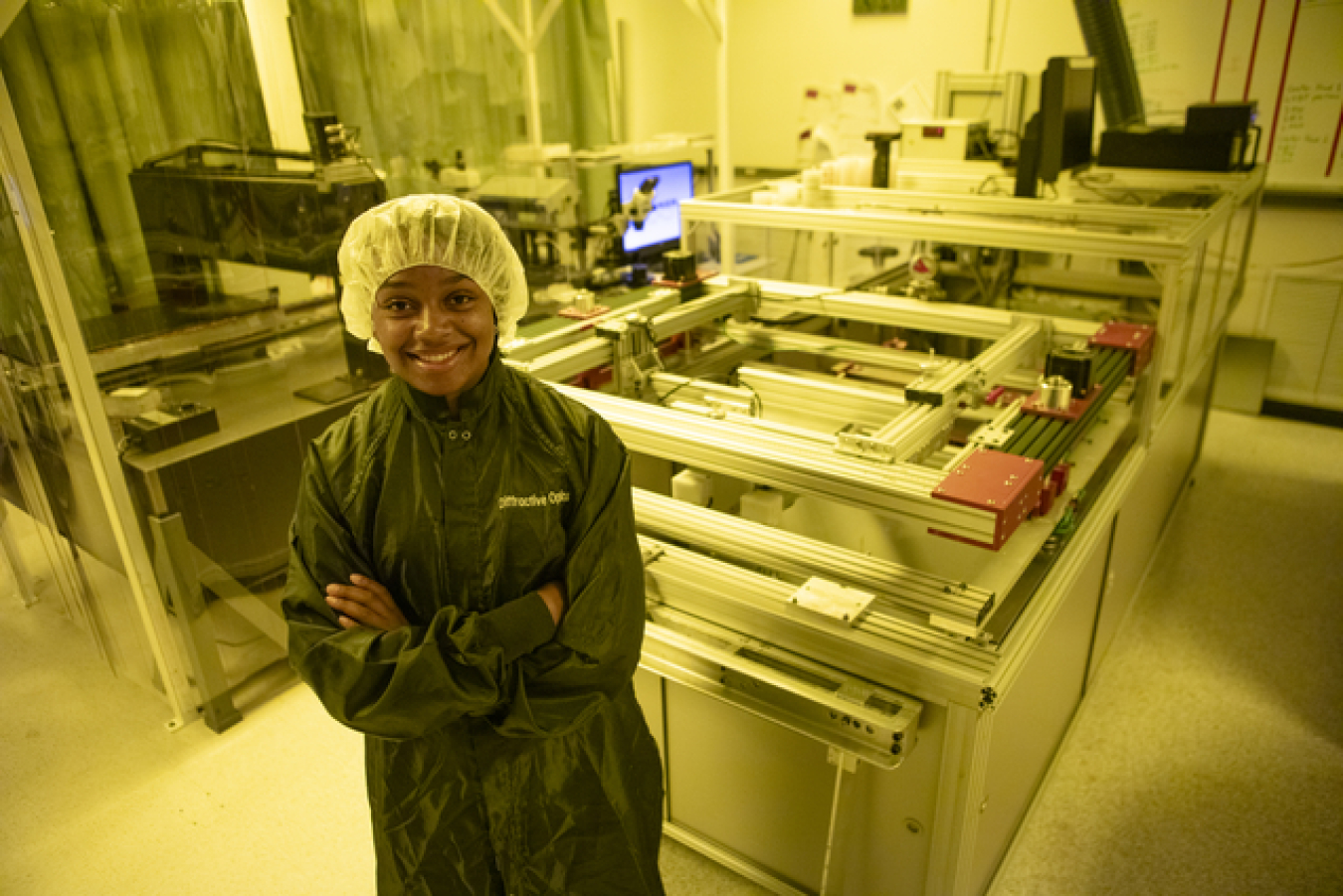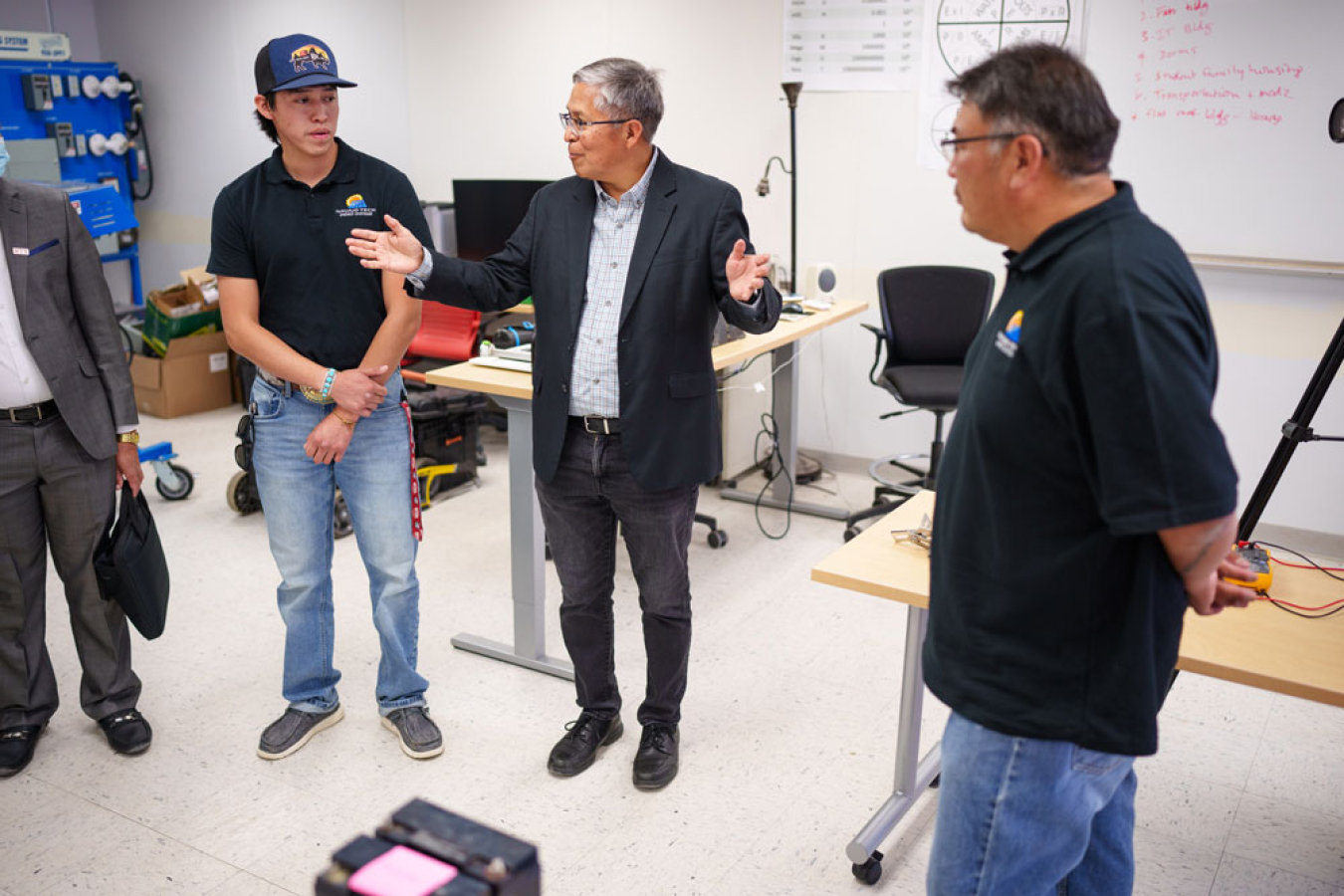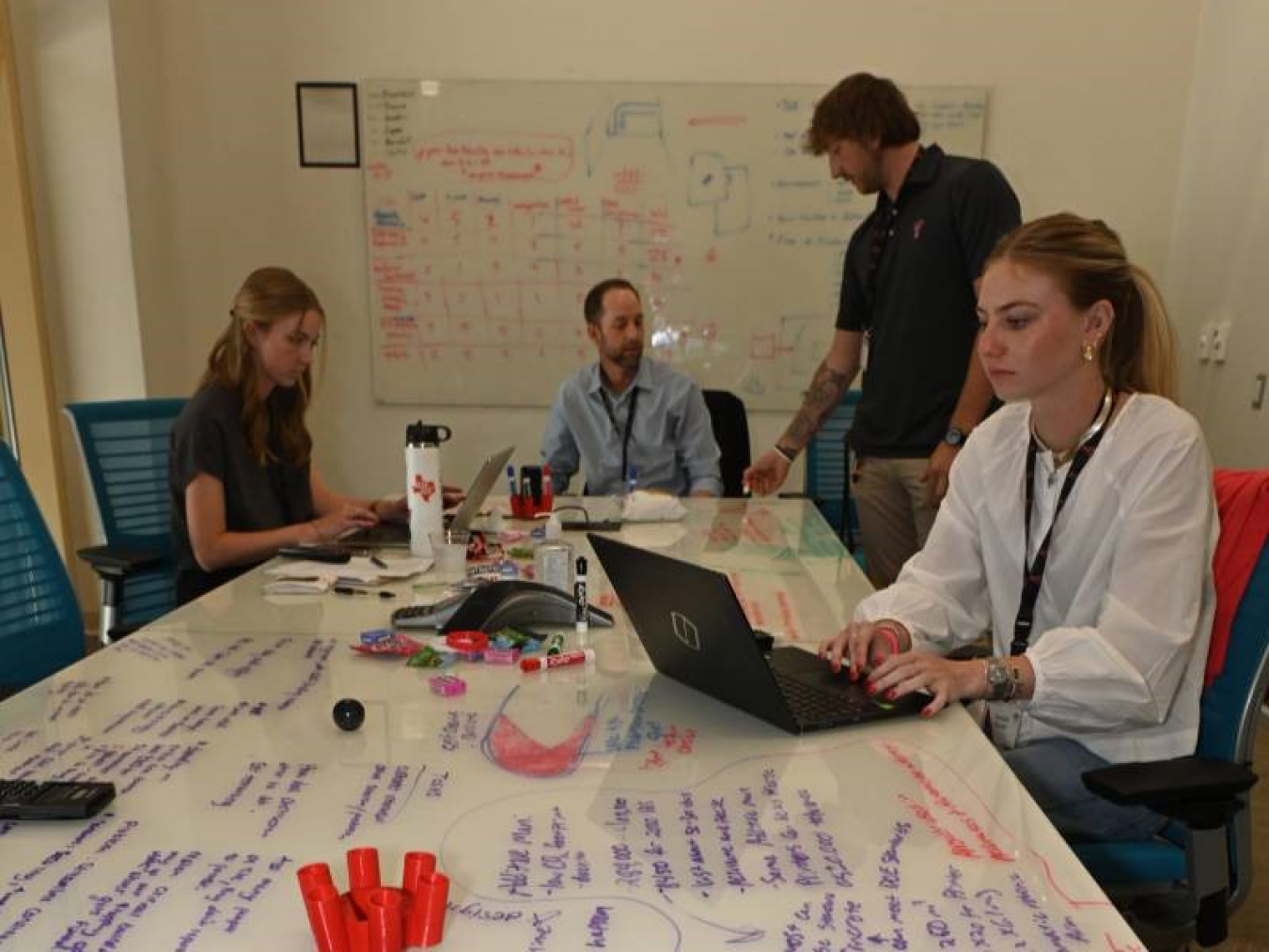The Partnership Programs advance NNSA’s mission priorities in designing and delivering the nation’s nuclear stockpile, forging solutions to enable global security and stability, and leveraging transformative technologies to address emerging challenges by supporting cutting-edge research and strategic career pathways for the future workforce.
Partner Feature
Learn more about our interns at the Pacific Northwest National Laboratory.MSIPP Interns at PNNLVideo courtesy of our partners at PNNLConnect with us at MSIPP-Outreach@nnsa.doe.gov
Mission
The Minority Serving Institution Partnership Program (MSIPP) builds and strengthens educational capacities, supports student career opportunities, and develops a career workforce pathway between Institutions of Higher Education and the NNSA National Laboratories, Plants, and Site Facilities.
Featured Partner: CA2REERs
CA2REERsCA2REERs and UTRGVHighlights from our partners
Connect with us at MSIPP-Outreach@nnsa.doe.gov
Mission
The Tribal Education Partnership Program (TEPP) connects American Indian and Alaska Native Communities with the NNSA’s National Laboratories, Plants, and Site Facilities to advance partnerships and opportunities between Tribal students and the NNSA while upholding the importance of Tribal sovereignty.
Featured Partner: ASPIRE
Connect with us at MSIPP-Outreach@nnsa.doe.gov
Partners
MSIPP invests in student enrichment programs, curriculum development, research efforts, and internship opportunities to build capacity and workforce development. MSIPP aligns the NNSA mission to develop the needed skills and talent for the NSE’s enduring technical workforce while enhancing research and educational capacity at colleges and universities.There are currently 33 active awards for MSIPP and TEPP Consortia and Projects:
- Advanced Sensor Technologies for Applications in Electrical Engineering - Research and Innovation eXcellence (ASTERIX)
- Advanced Synergistic Program for Indigenous Research in Engineering (ASPIRE)
- Application of Artificial Intelligence to Cybersecurity for Protecting National Critical Infrastructure (CONCISE)
- Attract, Educate, Train, and Retain Students in Nuclear & Related Sciences (AETRS)
- Consortium of Advanced Additive Manufacturing Research and Education for Energy Related Systems (CA2REERs)
- Consortium for High Energy Density Science 2.0 (CfHEDS-2)
- Consortium for Research and Education in Materials Science and Photonics Engineering (NoVel)
- Consortium for Research and Education in Power and Energy Systems (CREPES)
- Consortium for Nuclear Security Advanced Manufacturing Enhanced by Machine Learning (NSAM-ML-2)
- Consortium on Hybrid Resilient Energy Systems (CHRES)
- Consortium on Nuclear Security Technologies (CONNECT)
- Consortium for Research and Education for Advanced Manufacturing of Alloys for Extreme Conditions (REAM)
- Consortium on Sensing, Energy-efficient Electronics, Photonics with 2D Materials and Integrated-Technologies (SEEP-IT)
- Consortium for Education and Research in Electronics for Extreme Environments (E3C)
- Consortium for Research and Education in Cyber Manufacturing Applications for Modular Nuclear Reactors (CMA-MNuR)
- Developing Next Generation Radiation Safety Professionals (DNGRSP)
- Enabling Native Researchers and Graduate Engineering (ENRGE)
- Enhancing the National Security Enterprise Workforce Pipeline (ENSEWP)
- Indigenous Mutual Partnership to Advance Cybersecurity Technology (IMPACT)
- Microelectronics & Materials Engineering Education for Nuclear and Cyber Security (MEMENCYS)
- MSIPP Gulf Coast A&M Consortium: Materials-At-The-Extreme (MATE) - Material Science for Extreme Environments
- Native Education Excellence in Trades (NEXT)
- Nevada National Security Site (NNSS) Fast Start Program (FastStart)
- Nuclear Security Science and Technology Consortium (NSSTC)
- PARTNERShip and Training for NNSA Engineering and Relevant Sciences (PARTNERS)
- Partnership for Radiation Studies (PaRS)
- Partnership for Research and Education Consortium in Ceramics and Polymers 2.0 (PRE-CCAP-2)
- QUantum Integrated Cyber Knowledge Simulation, Training, Advantage Research, and Technology (QUICKSTART)
- The Rio Grande Consortium for Advanced Research on Exascale Simulation (Grande CARES)
- Rapid Education and Placement (REAP)
- Scholarly Partnership in Nuclear Engineering (SPINE)
- Scholarly Partnership in Nuclear Security (SPINS)
- Tri-State Consortium for Resilient Automation and Cybersecurity System (TRACS)
- Advanced Sensor Technologies for Applications in Electrical Engineering - Research and Innovation eXcellence (ASTERIX)
Currently, 53 Minority-Serving Institutions and Tribal College and Universities participate as prime or sub-recipients under MSIPP and TEPP projects. These institutions of higher education collaborate together and with the DOE/NNSA National Laboratories and Sites to form consortia-based teams. See the list of participating institutions below:
- Alabama A&M University
- Alcorn State University
- Ana G. Méndez University (SUAGM)
- Augusta Technical College
- College of Southern Nevada
- Elizabeth City State University
- Fisk University
- Florida A & M University
- Florida International University
- Howard University
- Las Positas College
- Miami Dade College
- Morehouse College
- Morgan State University
- Navajo Technical University
- New Mexico Institute of Mining and Technology
- New Mexico State University
- Norfolk State University
- North Carolina A & T State University
- North Carolina Central University
- Nueta Hidatsa Sahnish College
- Prairie View A & M University
- Queensborough Community College
- Savannah State University
- Seminole State College
- Sitting Bull College
- South Carolina State University
- Southern University of Baton Rouge
- St. Mary’s University
- Stone Child College
- Tennessee State University
- Texas A&M University
- Texas A&M University Kingsville
- Texas Southern University
- Turtle Mountain Community College
- United Tribes Technical College
- University of Arizona
- University of Arkansas, Pine Bluff
- University of California Merced
- University of California Riverside
- University of California Irvine
- University of Central Florida
- University of Illinois at Chicago
- University of New Mexico
- University of Nevada, Las Vegas
- University of North Texas
- University of Puerto Rico – Mayaguez
- University of Puerto Rico – Rio Piedras
- University of Texas at Arlington
- University of Texas at El Paso
- University of Texas Rio Grande Valley
- University of Texas at San Antonio
- Virginia State University
The following labs, sites, and plants participate in MSIPP and TEPP consortia to provide access to resources and opportunities to faculty and students from minority serving institutions:
- Argonne National Laboratory (DOE)
- Brookhaven National Laboratory (DOE)
- Idaho National Laboratory (DOE)
- Kansas City National Security Campus (NNSA)
- Lawrence Livermore National Laboratory (NNSA)
- Los Alamos National Laboratory (NNSA)
- National Energy Technology Laboratory (DOE)
- National Renewable Energy Laboratory (DOE)
- Nevada National Security Site (NNSA)
- Oak Ridge National Laboratory (DOE)
- Pacific Northwest National Laboratory (DOE)
- Pantex Plant (NNSA)
- Sandia National Laboratories (NNSA)
- Savannah River National Laboratory (DOE)
- Y-12 National Security Complex (NNSA)
Alumni Institutions
- Alabama State University
- Allen University
- Amarillo College
- Bay Mills Community College
- Benedict College
- Bowie State University
- Cankdeska Cikana Community College
- Claflin University
- Clark Atlanta University
- Delaware State University
- Denmark Technical College
- InterAmerican University of Puerto Rico
- Morris College
- Nebraska Indian Community College
- Paine College
- Salish Kootenai College
- Southern University at New Orleans
- Southwestern Indian Polytechnic Institute
- Texas Tech University
- University of the District of Columbia
- University of the Virgin Islands
- Voorhees University
- Alabama State University
Network of Partners
Connect with us at MSIPPInfo@nnsa.doe.gov
NOFO Update
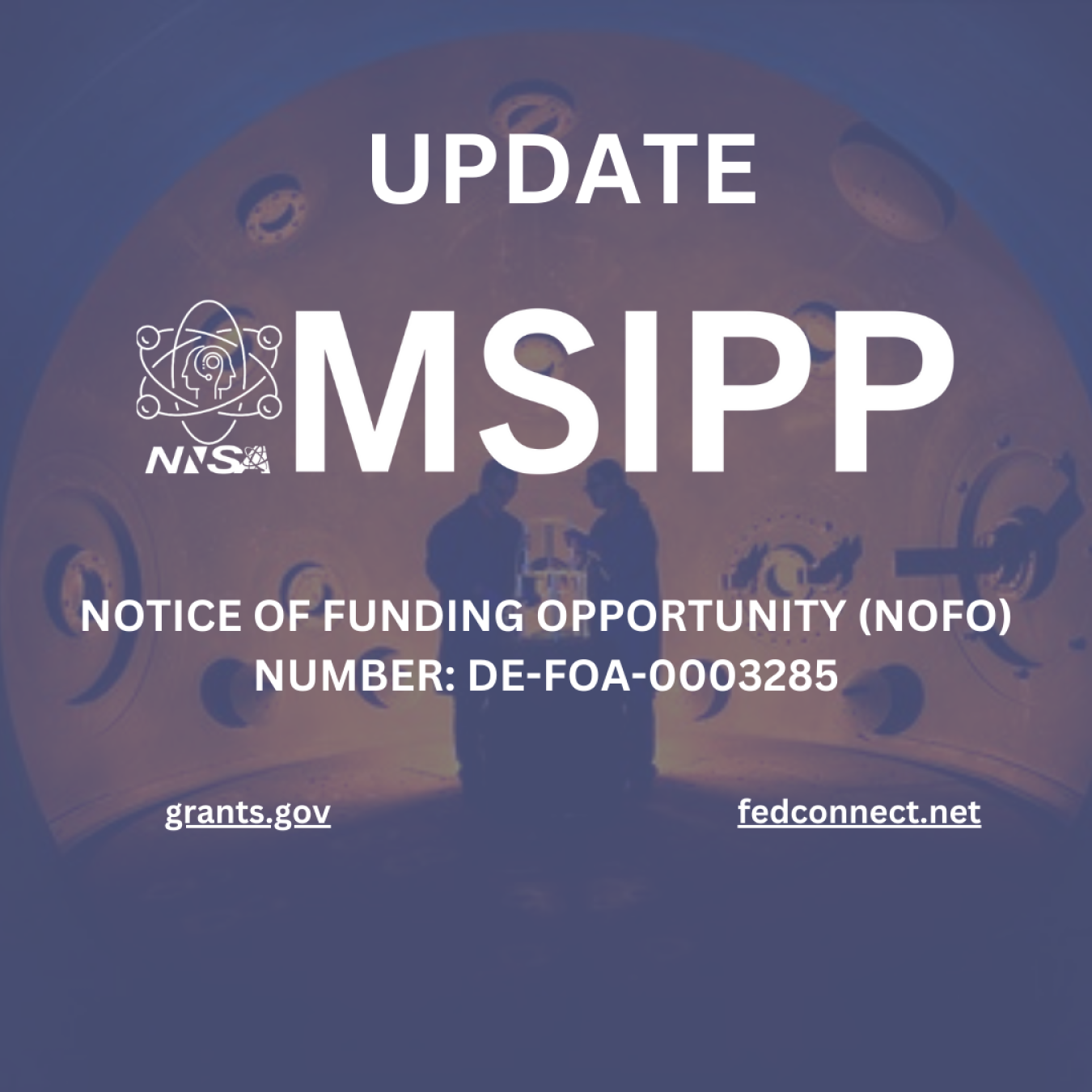
Due to limited funding, NOFO DE-FOA-0003285 is temporarily closed. Applications are not currently being accepted. Should this opportunity reopen, updates will be provided through Grants.gov.
Scholarships
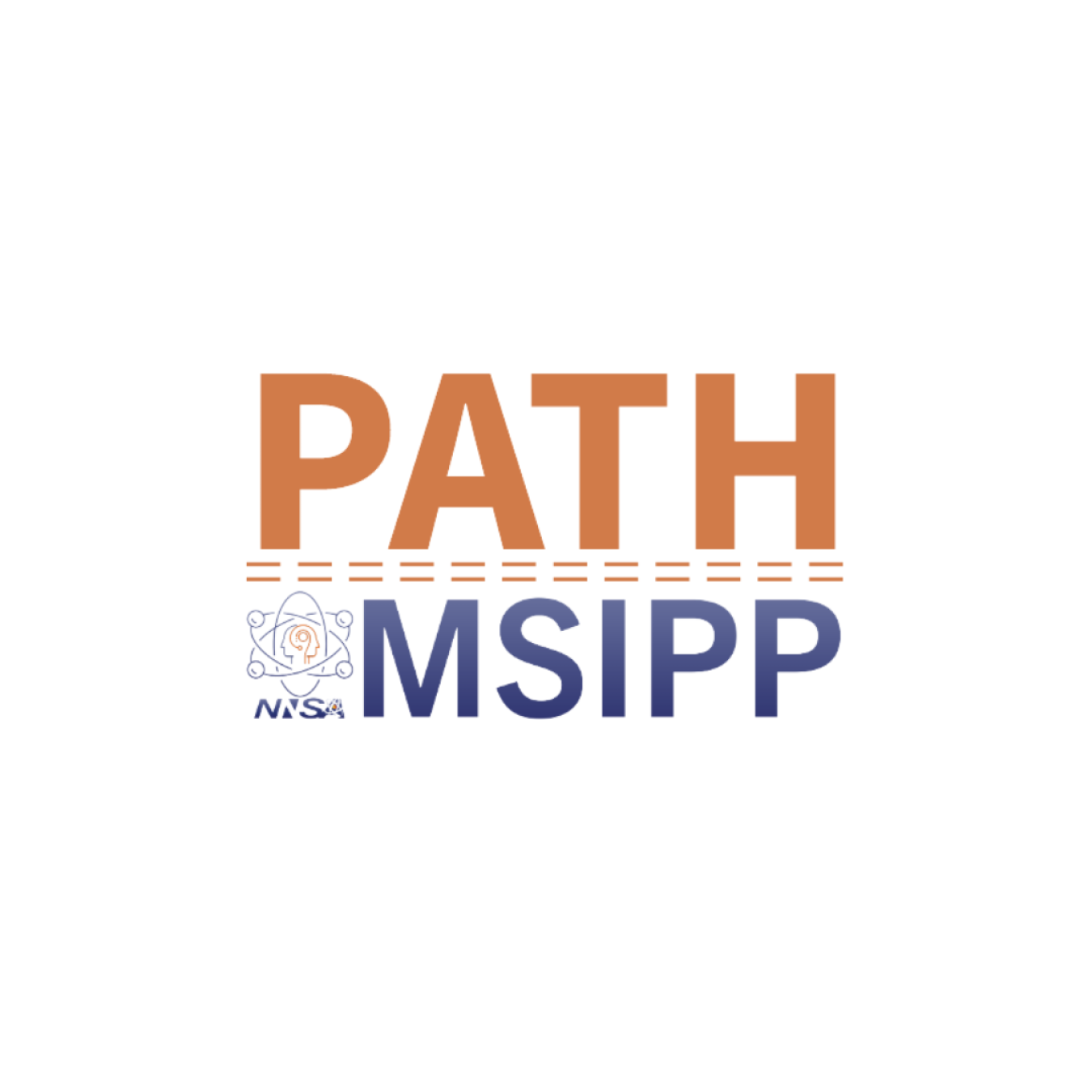
NNSA's Program Award for Technical and Higher-Education (PATH) Scholarships.Internships
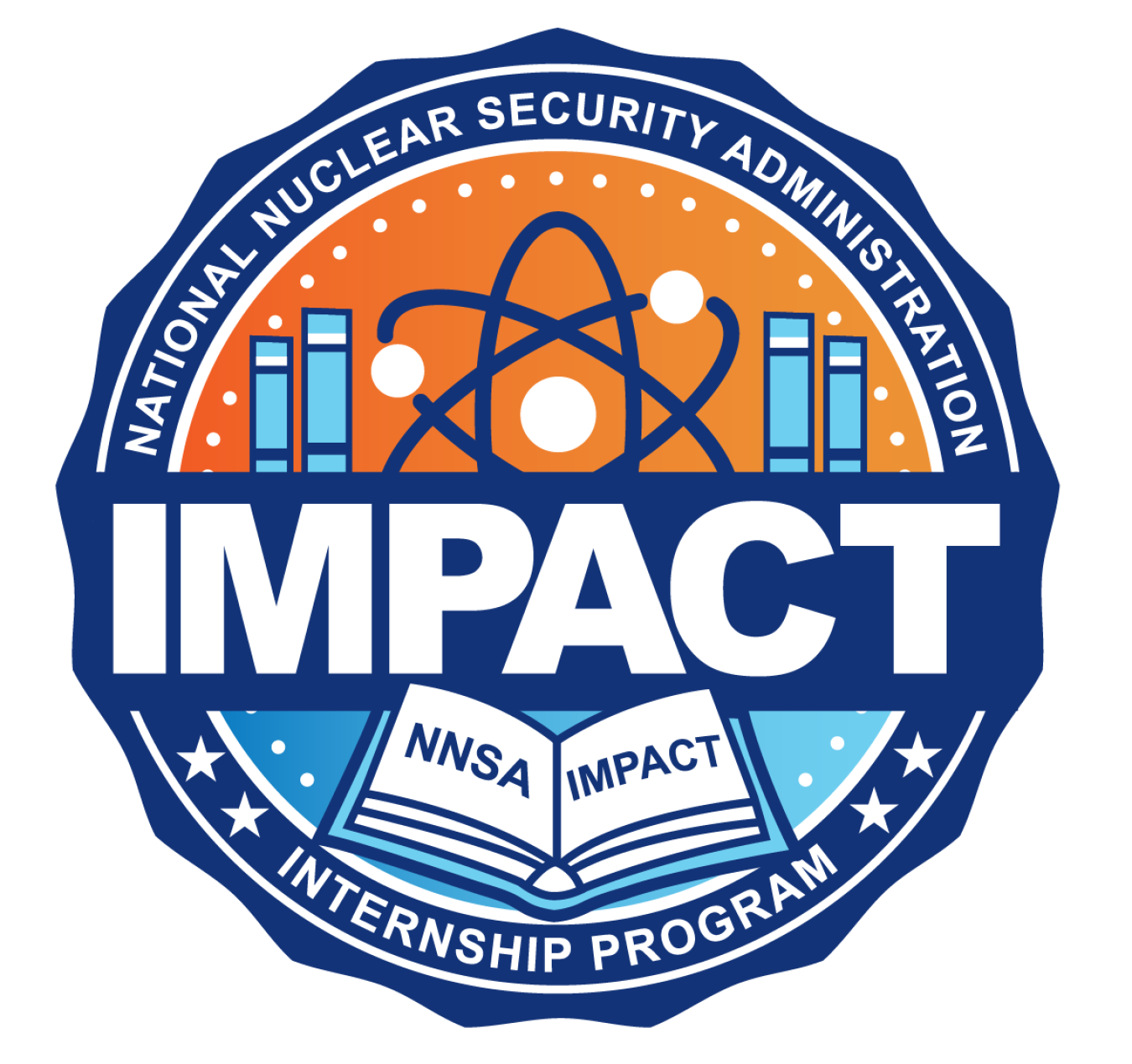
The NNSA Impact Internship Program (NNSA-IMPACT) provides paid internships for undergraduate and graduate students.
Fellowships
Education and Research Partnerships
NNSA Academic ProgramsConnect with us at MSIPP-Outreach@nnsa.doe.gov
Student Features
Students involved in MSIPP, current and past, share their personal stories. We celebrate their successes, encouraging and inspiring other to pursue greatness through MSI-NSE opportunities.
Announcements
Stay tuned -- new announcements will appear here.Upcoming Events
- Sep5Sep 5 - Dec 4 Starts September 5th, 2025 - 8:00 AM EDT View Event Details forWarm Dense Matter: Concepts and Fundamentals CourseWarm Dense Matter: Concepts and Fundamentals Course
Laboratory, Plant, and Site Partner Features
Resources
 The Guide to Financial Assistance is a reference document that provides a compilation of non-regulatory information and guidance.
The Guide to Financial Assistance is a reference document that provides a compilation of non-regulatory information and guidance.
Annual Impact Review
Connect with us at MSIPPInfo@nnsa.doe.gov


